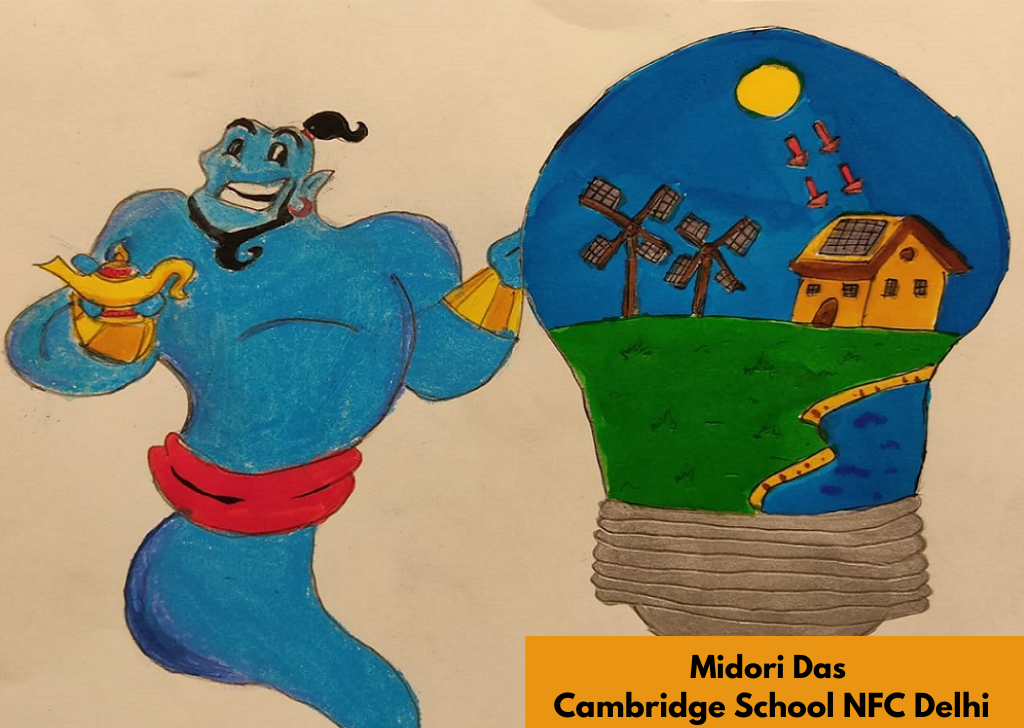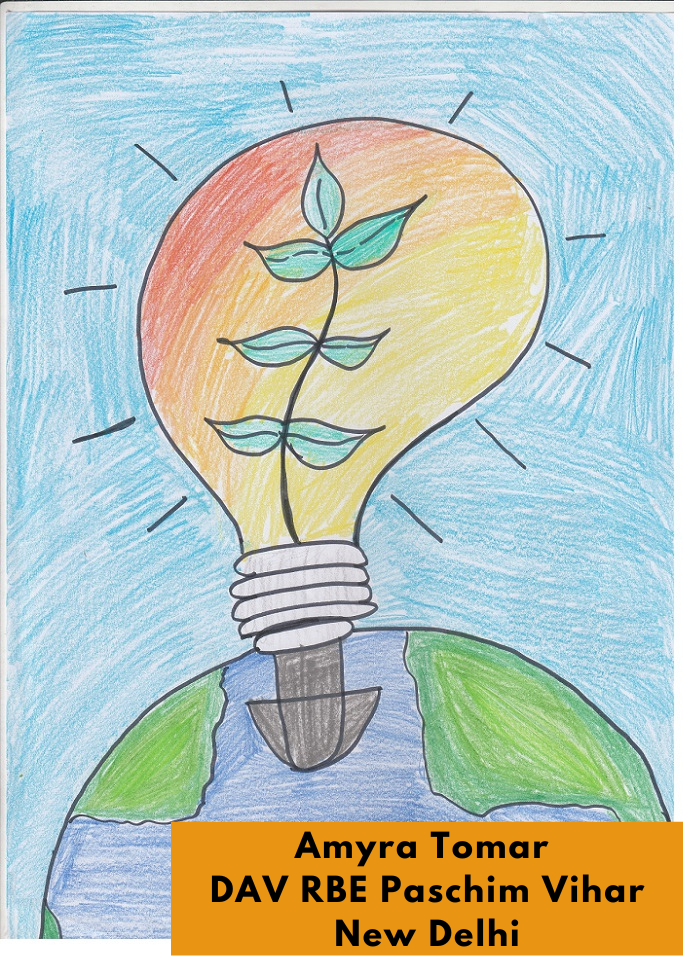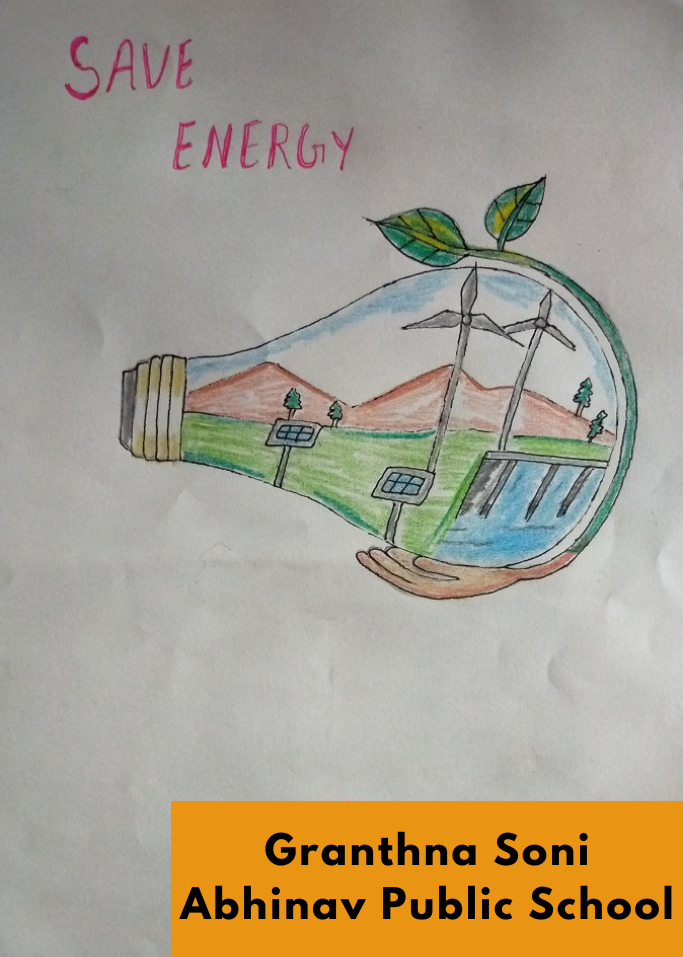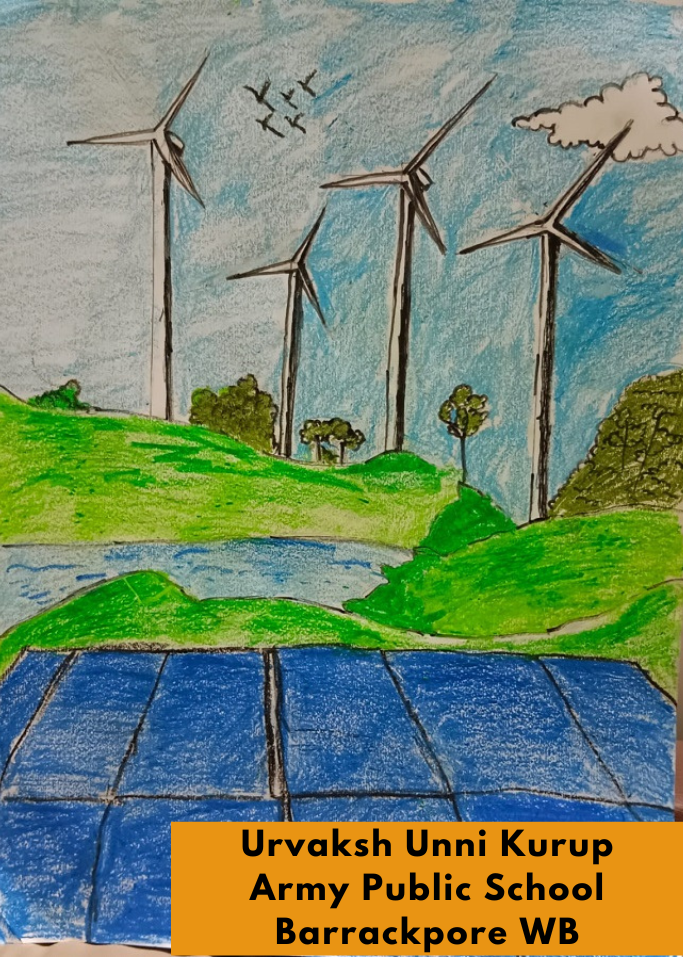World Consumer Rights Day 2023

Every year 15th March is celebrated as World Consumer Rights Day. The goal of this day is to increase public awareness of the demands and rights of consumers worldwide. By commemorating the day, we have the opportunity to call for the respect and protection of all consumer rights as well as to voice our opposition to social injustices and market practises that violate those rights.
The United Nations has officially recognised and endorsed World Consumer Rights Day. Consumers International has been running the campaign for 40 years, bringing the entire consumer movement together to celebrate. Each year, members of Consumers International contribute to choosing the campaign theme in order to encourage international action on critical consumer concerns.
“Clean Energy Transitions” is the theme this year. The term “energy transition” describes the change occurring within the global energy sector from fossil-based energy production and consumption systems, such as oil, natural gas, and coal, to renewable energy sources like wind and solar as well as lithium-ion batteries.
The United Nations has officially recognised and endorsed World Consumer Rights Day. Consumers International has been running the campaign for 40 years, bringing the entire consumer movement together to celebrate. Each year, members of Consumers International contribute to choosing the campaign theme in order to encourage international action on critical consumer concerns.
“Clean Energy Transitions” is the theme this year. The term “energy transition” describes the change occurring within the global energy sector from fossil-based energy production and consumption systems, such as oil, natural gas, and coal, to renewable energy sources like wind and solar as well as lithium-ion batteries.
From – ASHIM SANYAL, COO CONSUMER VOICE
World Consumer Rights Day – Shifting to Clean Energy for a Greener and Cleaner World
The transition to clean energy entails moving energy production away from sources that emit a lot of greenhouse gases, such as fossil fuels, and toward sources that emit very little or no greenhouse emissions. Among these clean sources are nuclear power, hydropower, wind power, and solar electricity. According to the International Energy Agency(IEA), in order to meet these climate targets by 2050, at least 80% of the world’s electricity must be switched to low-carbon sources, with roughly two thirds of it still coming from burning fossil fuels.
The world’s fight against climate change has never been more important than it is now, thanks to India’s announcement that it intends to achieve net zero emissions by 2070 and to fulfil 50% of its electricity needs from renewable sources by 2030. India is setting the bar for new economic development models that could sidestep the carbon-intensive strategies many nations have previously taken and serve as a model for other emerging economies.
Expressions – School children on clean energy
Challenges to India’s energy sector
- India has a serious access to energy problem, and there are wide access disparities throughout the nation. In India, kerosene is still used for lighting in about 77 million homes. Up to 44% of homes lack access to power in rural India, making the issue considerably worse there. India has implemented a number of projects and programmes to combat energy poverty, but they have encountered logistical challenges and insufficient local implementation.
- In the first half of 2022–2023, India’s import expenditure for crude oil jumped by 76% to USD 90.3 billion, while the overall volume of imports rose by 15%. India’s energy security is severely threatened by its rising reliance on imported oil, and the present global supply chain disruption caused by unrest in geopolitics is making matters worse.
- In terms of renewable energy, India is also heavily reliant on other nations like China for solar panels. India lacks the capacity to manufacture solar wafers and polysilicon, which is impeding the shift to clean energy.
- The availability of fuel, the amount of energy needed, and the physical durability of the present and future energy infrastructure are all directly impacted by climate change. It is even more crucial to cut fossil fuel emissions because heatwaves and a disrupted monsoon due to climate change are already straining the capacity of current energy production.
The Way Forward
- India can support breakthroughs at the university level that assist India in pursuing an economically feasible clean energy transition. Thus, it is possible to take advantage of India’s demographic dividend and encourage students to pursue research and innovation rather than traditional education. For instance, the unit cost of LED lights was reduced by almost 75% as a result of the Unnat Jyoti by Affordable LEDs for All (UJALA) programme.
- Public transportation needs to be reassessed in order to regain public trust. This includes buying more buses, implementing e-bus technology, building bus corridors, and implementing BRT systems.
- As well as replacing fossil fuels with biofuels, emission standards should be tightened. Gaining the advantages of electric vehicles also requires the creation of multiple electric freight lanes to encourage electrification.
- Through the use of distributed energy systems and the encouragement of home production, India can gradually cut down on its reliance on foreign supply chains and commodity imports.
References
- https://www.drishtiias.com/daily-updates/daily-news-editorials/india-s-green-energy-transition
- https://economictimes.indiatimes.com/industry/renewables/how-to-accelerate-indias-energy-transition-journey/articleshow/97959639.cms?from=mdr
- https://www.consumersinternational.org/media/451466/wcrd2023-resource-pack.pdf
- https://www.iea.org/commentaries/india-s-clean-energy-transition-is-rapidly-underway-benefiting-the-entire-world
- https://india.mongabay.com/2022/11/models-spotlight-indias-clean-energy-transition-pathways/
- https://www.consumersinternational.org/news-resources/news/releases/world-consumer-rights-day-to-empower-consumers-through-clean-energy-transitions/








